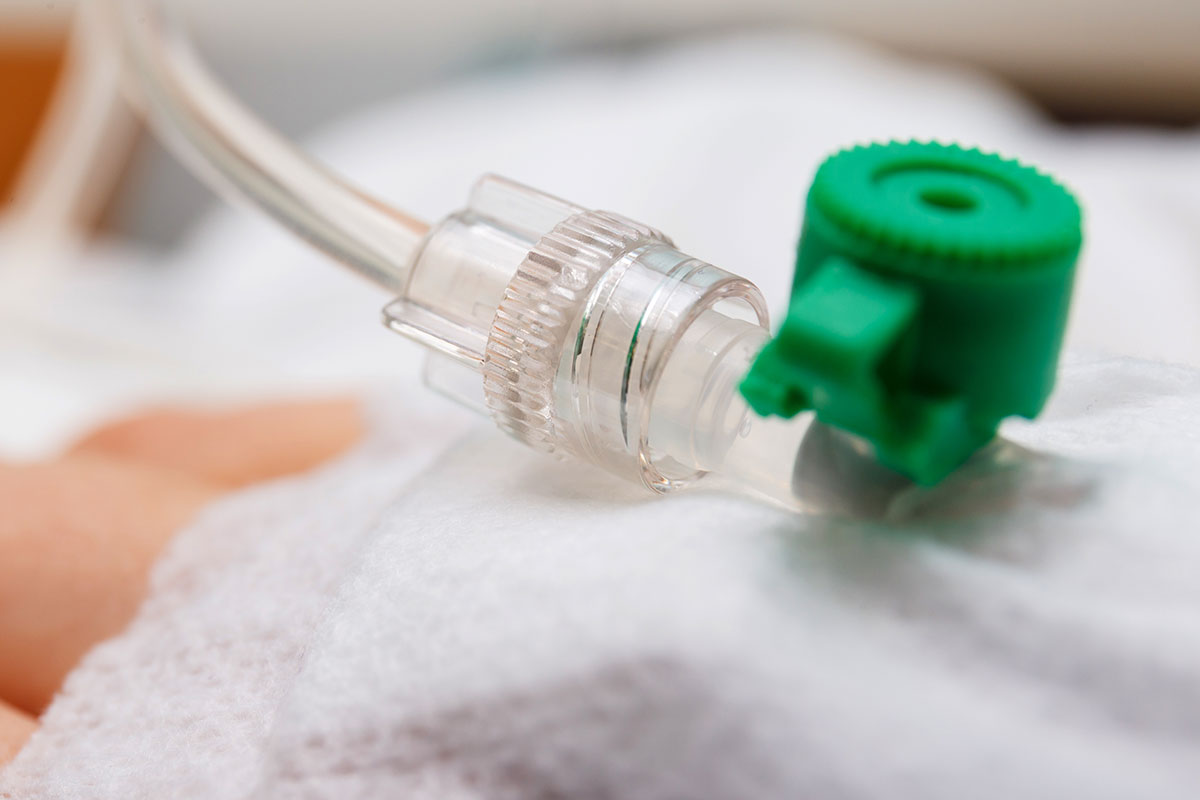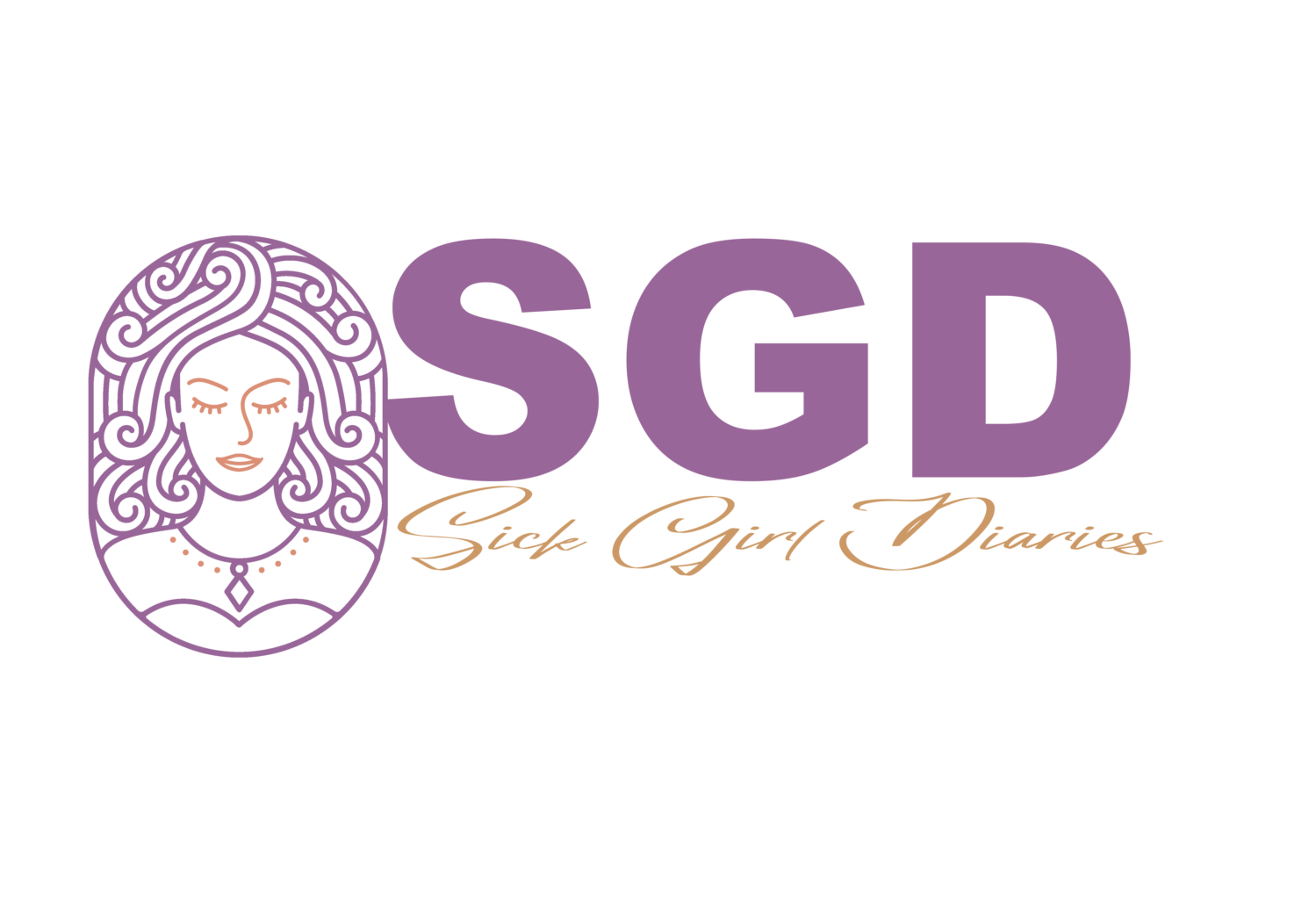My Battle with Rhabdomyolysis: When My Body Turned Against Me

Introduction
It’s been a rough month. For most of August, I felt like I was in a weird state—disconnected from myself, almost like I was watching my life from the outside. It all came to a head when I started staggering like I was drunk, despite not having a single drop of alcohol. The final straw was when I was driving, and my brain just didn’t know what my feet were doing. That terrifying experience led me straight to the ER, where I was diagnosed with Rhabdomyolysis.
What is Rhabdomyolysis?
Rhabdomyolysis is a serious condition that occurs when muscle tissue breaks down and releases a protein called myoglobin into the bloodstream. This can lead to kidney damage or even failure if not treated promptly. The muscle breakdown can be triggered by several factors, including trauma, overexertion, drug use, or infections.
For me, the symptoms started subtly—muscle pain, weakness, and fatigue—but quickly escalated. I found myself unable to walk straight, my coordination was shot, and I felt a constant sense of dizziness and confusion. These are classic symptoms of Rhabdomyolysis, but the staggering and loss of control were the scariest parts.
My Experience in the Hospital
I’ve been in the hospital for a week now, and it’s been a whirlwind of tests and treatments. When I first arrived, the doctors immediately ran blood tests to check my creatine kinase (CK) levels—a marker of muscle breakdown. My CK levels were through the roof, confirming the diagnosis of Rhabdomyolysis.
The treatment primarily involved aggressive hydration with intravenous fluids to flush the myoglobin out of my kidneys and prevent further damage. The doctors also monitored my electrolytes closely, as Rhabdomyolysis can cause dangerous imbalances that affect heart function and overall health.
Understanding Ataxia in My Case
In addition to Rhabdomyolysis, I’ve been dealing with Ataxia—a neurological condition that affects coordination and balance. The staggering, the feeling of being drunk without drinking, and the disconnection between my brain and my body are all symptoms of Ataxia.
Ataxia can be caused by various factors, including genetic conditions, stroke, or in my case, potentially linked to the muscle damage and stress from Rhabdomyolysis. It feels like my body and brain are on two different wavelengths, making everyday tasks incredibly challenging.
The Road Ahead
Rhabdomyolysis is no joke, and neither is Ataxia. Both conditions have turned my life upside down, but I’m determined to fight back. Recovery will take time, and it involves not only physical healing but also adapting to the changes in my body and brain.
I’m sharing my story to raise awareness about these conditions. If you’re feeling “off” or experiencing symptoms like mine, please don’t ignore them. Early diagnosis and treatment are crucial to preventing severe complications.


